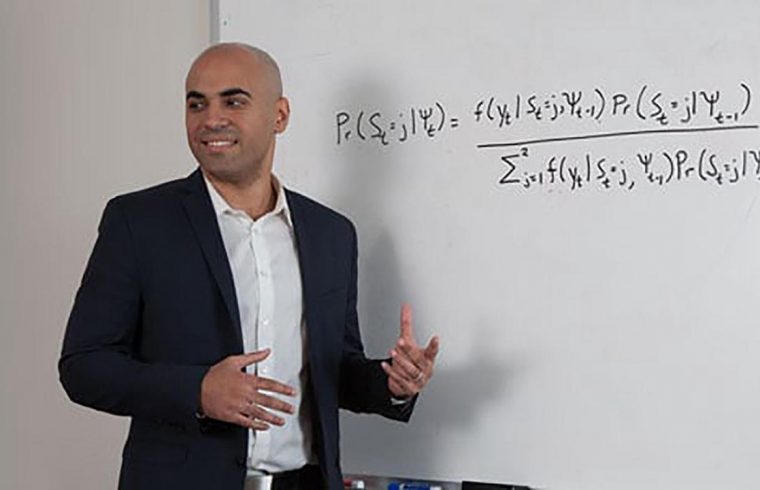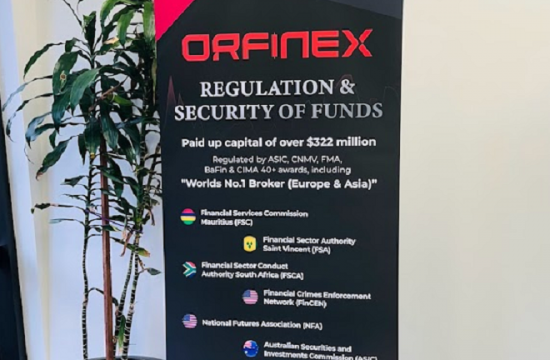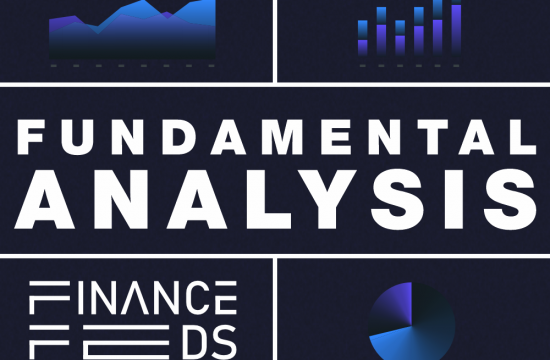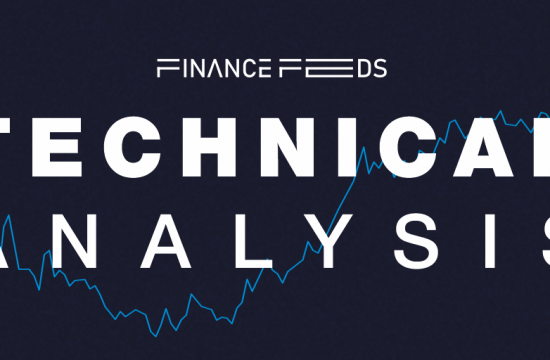DIgraced Infinity Q’s CIO is said to have corrupted pricing service models to show hundreds of millions of dollars in false, exaggerated gains, which he used to charge inflated fees, induce existing pool participants to commit additional monies, and lure in new participants.

The Commodity Futures Trading Commission has charged James R. Velissaris with fraud in connection with a multi-faceted scheme to overvalue the assets managed by his multi-billion dollar hedge fund.
The civil enforcement action in the U.S. District Court for the Southern District of New York alleges that, from 2018 to early 2021, Velissaris used his firm Infinity Q to engage in a fraudulent valuation scheme to show false gains on hundreds of swaps held by two commodity pools managed by Infinity Q, a CFTC-registered commodity pool operator.
The CFTC seeks restitution to defrauded pool participants, disgorgement of ill-gotten gains, civil monetary penalties, permanent registration and trading bans, and permanent injunctions against further violations of the Commodity Exchange Act (CEA) and CFTC regulations, as charged.
CFTC’s Acting Director of Enforcement Vincent McGonagle, said: “This action demonstrates that the Commission will continue to focus on customer protection across the multifarious markets and products under its jurisdiction Misvaluing financial instruments such as the swaps in this matter violates core provisions of the Commodity Exchange Act’s anti-fraud prohibitions and the Commission will vigorously seek to prosecute such violations.”
The CFTC claims the scope and scale of the fraud increased as he tried simultaneously to mitigate against, and also take advantage of, the unprecedented market volatility caused by the pandemic.
He allegedly executed his scheme by intentionally corrupting the independent, third-party pricing service models that Infinity Q used and touted to customers to value swaps held by the two commodity pools.
Velissaris is said to have input false information into the models; changed the standard underlying computation codes, and used improper pricing templates to guarantee the pricing service would return whatever artificial values he wanted.
As a result, Infinity Q showed hundreds of millions of dollars in false, exaggerated gains, which he used to charge inflated fees, induce existing pool participants to commit additional monies, and lure in new participants, the CFTC argued.
The CFTC claims he then concealed his fraud by falsifying swap term sheets to Infinity Q’s auditors, making retroactive changes to Infinity Q’s written valuation policy; and creating phony minutes for meetings of Infinity Q’s valuation committee that never happened.
According to the financial watchdog, the fraudulent scheme resulted in the overvaluation of the funds managed by Infinity Q in certain months by more than $1 billion.
The Securities and Exchange Commission (SEC) and DoJ have also filed complaints against Velissaris in parallel actions.










